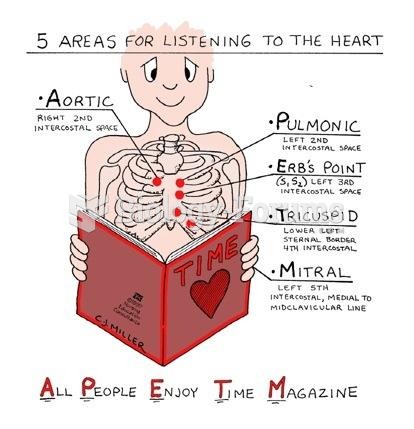|
|
|
The highest suicide rate in the United States is among people ages 65 years and older. Almost 15% of people in this age group commit suicide every year.
In ancient Rome, many of the richer people in the population had lead-induced gout. The reason for this is unclear. Lead poisoning has also been linked to madness.
During pregnancy, a woman is more likely to experience bleeding gums and nosebleeds caused by hormonal changes that increase blood flow to the mouth and nose.
After 5 years of being diagnosed with rheumatoid arthritis, one every three patients will no longer be able to work.
Only 12 hours after an egg cell is fertilized by a sperm cell, the egg cell starts to divide. As it continues to divide, it moves along the fallopian tube toward the uterus at about 1 inch per day.
 Foot reflexology chart indicates points on the foot that reflexively correspond to other areas of th
Foot reflexology chart indicates points on the foot that reflexively correspond to other areas of th
 Results from sequential study of two cohorts tested at three ages and at three different points in t
Results from sequential study of two cohorts tested at three ages and at three different points in t




